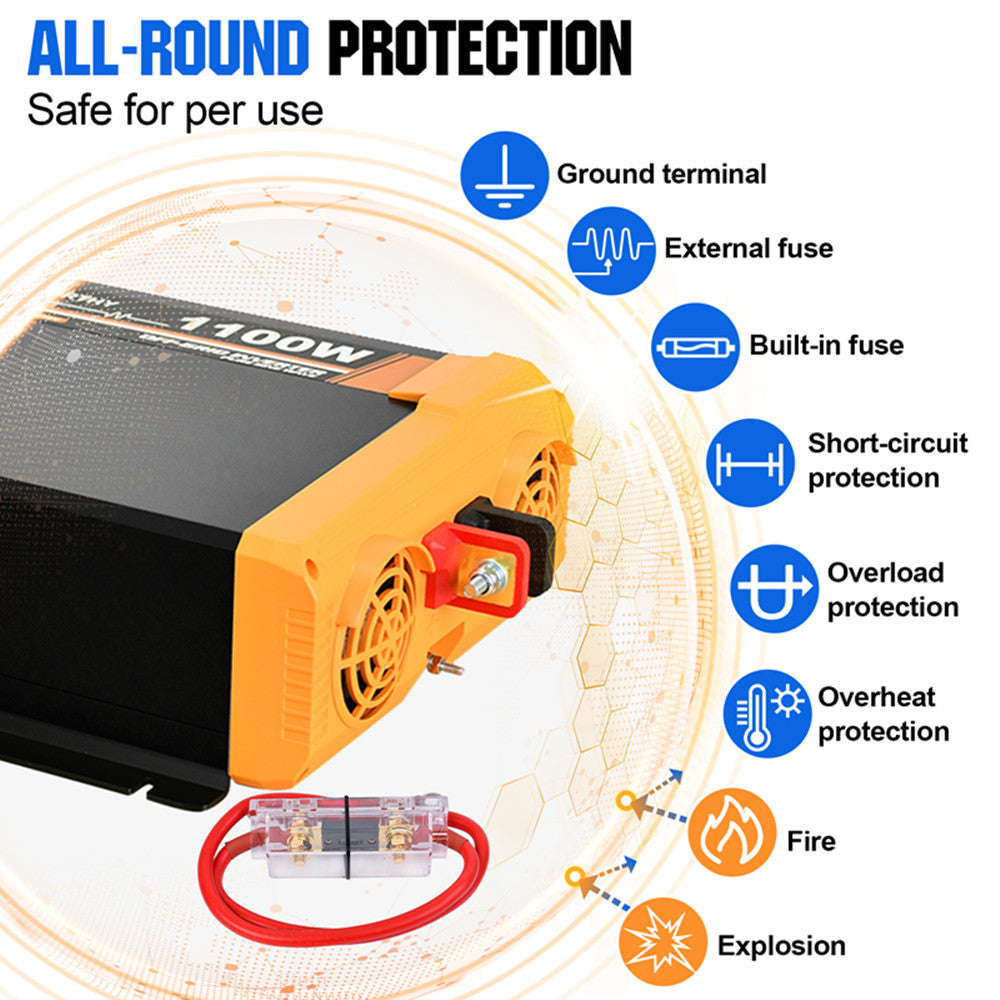In the realm of renewable energy, inverters for solar panels play a pivotal role in converting solar energy into usable electricity. But what exactly does an inverter do, and why is it essential for solar panel systems? This article delves into the intricacies of solar inverters, their types, and their significance in harnessing solar power effectively.

What is an Inverter for Solar Panels?
An inverter for solar panels is an electrical device that converts the direct current (DC) produced by solar panels into alternating current (AC), which is the form of electricity used in homes and businesses. Without this conversion, the energy generated by solar panels would be unusable for most household appliances. Thus, the inverter acts as a bridge between the solar panels and the electrical grid or your home’s electrical system.
Types of Inverters for Solar Panels
There are several types of inverters available, each serving different needs and applications:
- String Inverters: These are the most common type, connecting multiple solar panels in a series. They are cost-effective and suitable for residential installations.
- Microinverters: These are installed on each solar panel, allowing for individual panel optimisation. This is particularly beneficial in shaded areas.
- Power Optimisers: Similar to microinverters, these devices are attached to each panel but work in conjunction with a string inverter.
- Hybrid Inverters: These can manage both solar energy and battery storage, making them ideal for off-grid systems or those looking to store energy for later use.
How Do Inverters Work?
The process begins when solar panels generate DC electricity from sunlight. The inverter then converts this DC electricity into AC electricity through a process called pulse width modulation. This conversion is crucial because most household appliances operate on AC electricity. Furthermore, inverters also monitor the performance of the solar panel system, ensuring optimal energy production.
Importance of Inverters in Solar Panel Systems
Inverters not only facilitate the conversion of solar energy but also enhance the overall efficiency of solar panel systems. They ensure that the maximum power point tracking (MPPT) is achieved, which optimises the energy output from the solar panels. Additionally, inverters provide safety features by disconnecting the solar panels from the grid during power outages, protecting both the system and utility workers.
For those considering solar energy solutions, investing in a high-quality inverter for solar panels is essential. You can explore various options available at , where you will find a range of products tailored to meet your energy needs.
Conclusion
In summary, the inverter for solar panels is a critical component that enables the effective use of solar energy. By understanding the different types of inverters and their functions, you can make informed decisions when setting up a solar panel system. Whether you choose a string inverter, microinverter, or hybrid inverter, each plays a significant role in converting solar energy into a reliable power source for your home or business.








